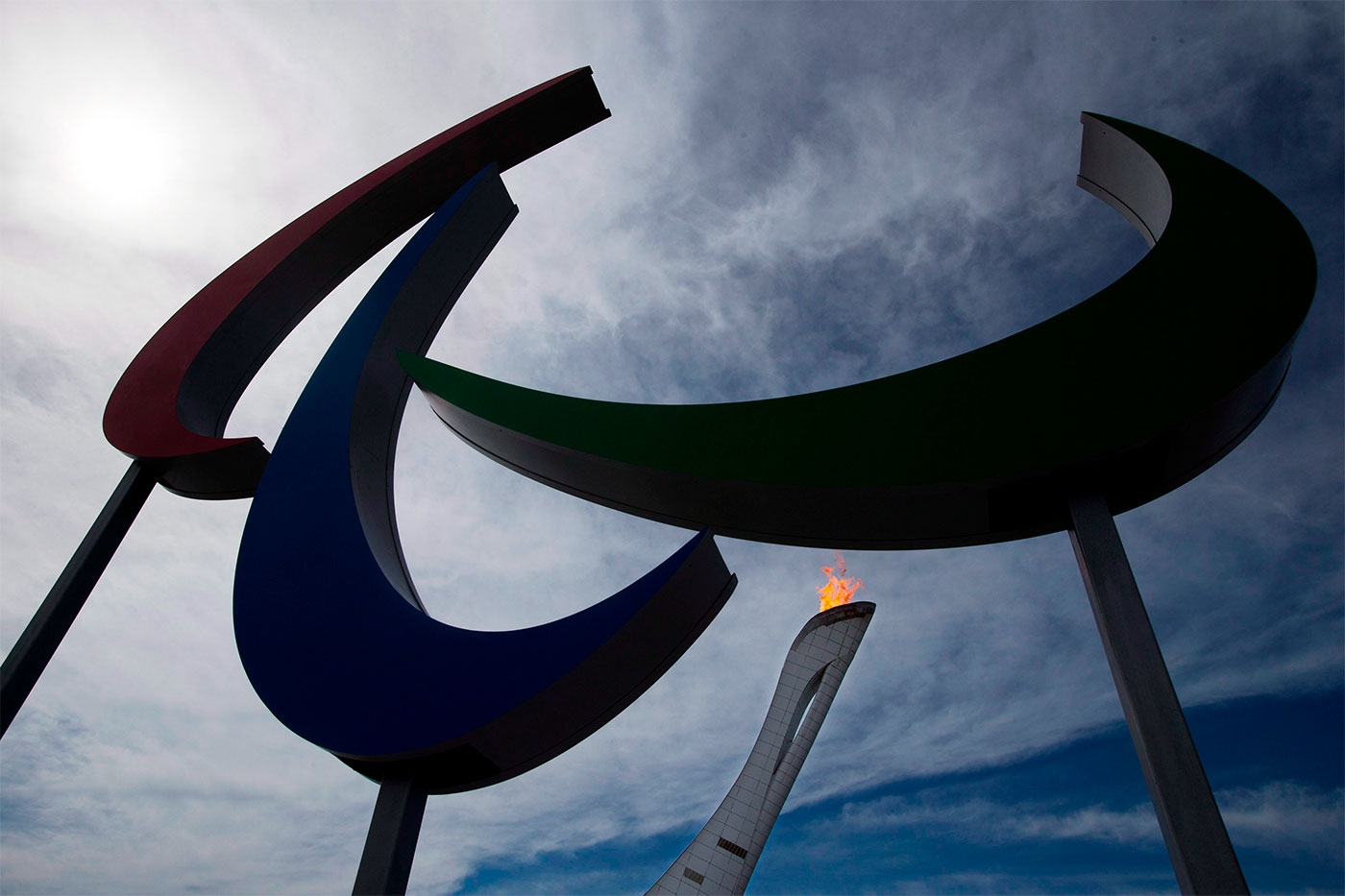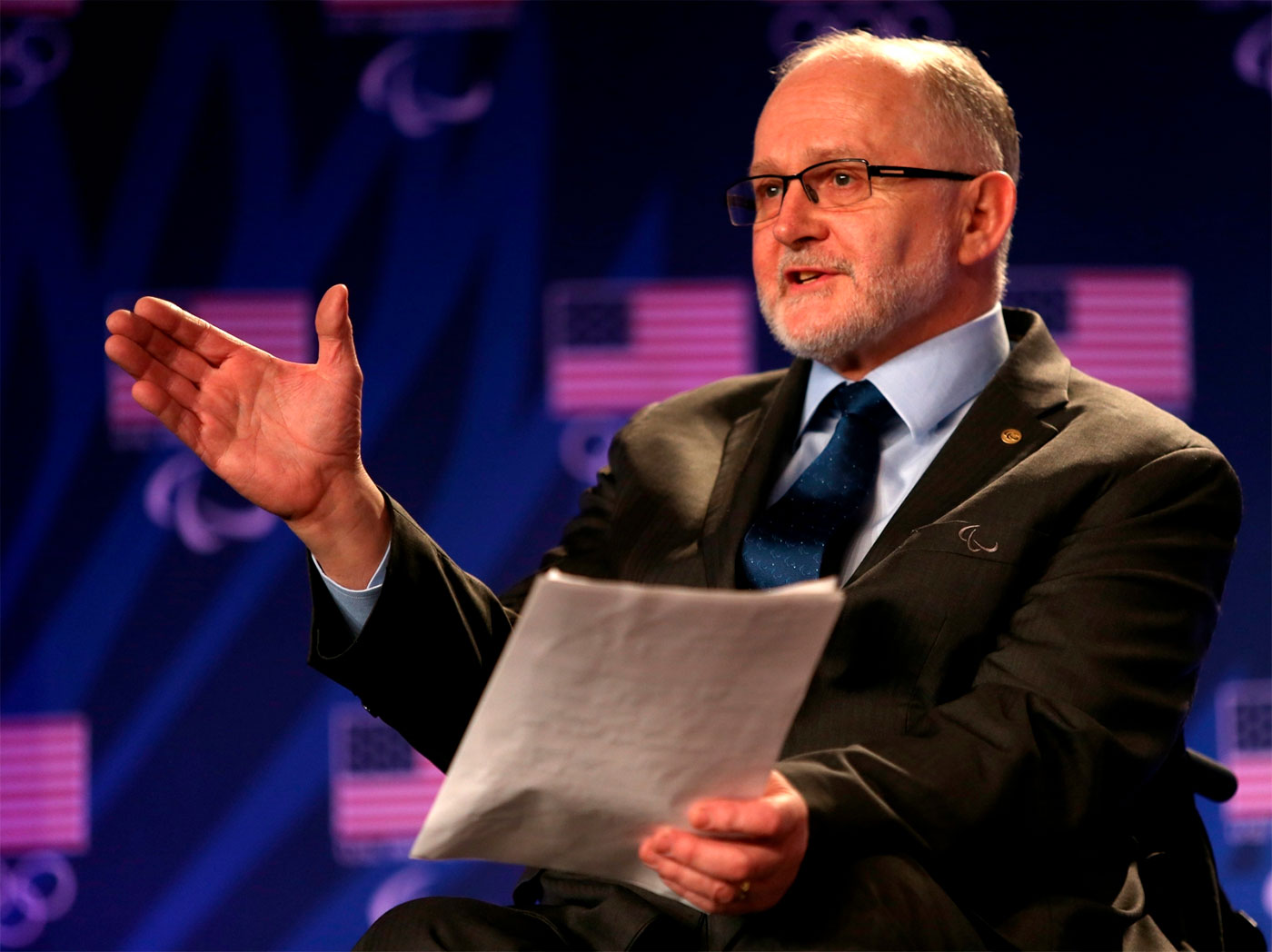In late August, 2016 the Court of Arbitration for Sport upheld the decision of the International Paralympic Committee’s to ban the Russian Paralympic team from competing in the Rio de Janeiro Games. This is a sad and very cruel lesson that has one truly valuable point: the reaction of Russian society which, until recently, did not entertain a single thought about the rights of disabled people and para-athletics.
In late August, 2016 the Court of Arbitration for Sport upheld the decision of the International Paralympic Committee’s to ban the Russian Paralympic team from competing in the Rio de Janeiro Games. The decision was based on a footnote in the report by the head of the independent World Anti-Doping Agency (WADA) commission Richard McLaren, where he mentions that Russian para-athletes had been involved in 35 concealed positive doping tests between 2012 and 2015. The names of the athletes are not given, but thanks to the actions of 20 people, about 267 athletes who had spent four years training for the competitions have been disqualified. Given the realities of life for disabled people in Russia and the problems they face in terms of accessibility, employment, leisure activities and assistance provided to people with special needs, such a decision is perceived as utterly inhuman and cynical.
A few years ago, a decision like this probably would not have caused a wave of indignation on the internet, in civil society and among the Russian middle class. However, it comes at a time when the principles of inclusivity for disabled people have been introduced into the Russian education system (as of September 2016, disabled children can attend regular schools), a law on early aid to families with children who have special educational needs and disabilities has been passed, reform of neuropsychiatric care homes (which have been the focus of chilling stories in the media about the inhuman conditions of life for people with disabilities) has been initiated, and the volunteer movement in Russia is on the rise. Given all these factors, the International Paralympic Committee’s decision caused a wave of resentment and protest in Russian society. Moreover, it gives grounds to consider Russian officials the victims of the disaster, not the cause of it, and still, it is the para-athletes who bear the brunt of the punishment.
It appears that the second important factor here is the effect of the 2014 Sochi Olympics: the games forced Russian society to take a different look at the problems that disabled people face, which have previously been tabooed and hushed up. This is why the decision to ban the Russian team from the Paralympics in Rio caused more pain than was expected by those who made the decision. The reason for such a reaction lies in a dimension somewhat different from the issues of sanctions and the list of officials banned from entering foreign countries. Speaking in “soft power” terms, it appeals to the heart and applies largely to people who are somehow connected with disabled persons: to relatives, families and friends, and to volunteers, whose number in Russia has been on the rise in recent times.
Para-Athletics in Russia
When talking about para-athletics, it should be noted that it is a relatively new phenomenon in Russia. Even though the Paralympic Games have been held since 1974, Russian teams only started participating only in 1988. Moreover, in 1980, the USSR refused to hold the Paralympic Games, which were ultimately held in Holland. The reason for the decision was clear and understandable (which does not make it any less sad): at that time, the USSR did not have a Paralympic team ready to participate in the Games; it did not have training facilities for para-athletes; and it did not have the infrastructure to receive para-athletes from around the world, from meeting them in the airport to providing accessible entrances into the stadiums, etc. The USSR prided itself on its successes in the study of mental defects and physical handicaps and its education programmes for people with special educational needs and disabilities, in providing employment for the disabled. But at the same time, little was done to ensure that people with disabilities had a fulfilling everyday life and opportunities to participate in sports. Sport for people with special needs persons was viewed primarily as a kind of therapy intended to develop basic self-care skills (for children) or to alleviate psychological problems (for adults). When the first Soviet para-athletes took part in the 1988 Paralympics, it was an important step for para-athletics in Russia, although the USSR team ranked 15th, finishing last with just two bronze medals.
Sochi 2014’s “Soft Power” and Charity in Russia
Interest in para-athletics peaked during the Sochi Olympics. The Russian team consisted of 78 participants (67 athletes and 11 guides for the blind), the highest number in the country’s history. It won 80 medals: 30 gold, 28 silver and 22 bronze and ranked first in the unofficial medal table. The Russian Paralympic team has always performed better at the winter than at the summer games. Still, at the 2012 Games, the Russian team had a fairly good showing, finishing with 102 medals: 36 gold, 38 silver and 28 bronze (second place in the unofficial medal table).
Interest in para-athletics has continued to rise in Russia since the Sochi Games, and para-athletes training for the Rio Games were covered extensively by the federal TV channels. The 2014 Paralympic Games served as a starting point for a new stage in transforming the attitude to people with disabilities, and society has started to think about the need to help such people.
Thus, according to the British Charities Aid Foundation (CAF), the number of volunteers in Russia has grown by 3 million since 2013 – a significant change. Since 2014, people in Russia have been devoting more time to different types of volunteer work, helping strangers in the street more often. It is important that people from all age groups become volunteers: students, working adults (between 30 and 55) and retirees who still want to be useful to society after retirement. The desire to help and do something good for others becomes more important than the desire to criticize the authorities. In this regard, it is interesting to recall a column written by Olga Allenova, a well-known Russian social journalist, where she explained why she does not attend the opposition’s rallies and prefers to spend the time helping the staff of an orphanage for children with special needs.
What Next?
The changes in the world order and the system of international relations that we are witnessing today cannot happen in a single field, be it the military or economics. Starting primarily in security, where hundreds of thousands die in open military hostilities, sooner or later these changes affect such seemingly distant areas as science, sports, culture and the arts. Since, taken together, they represent a country’s “soft power,” the struggle here is conducted with the use of political and legal methods, which today are becoming less and less symmetrical and increasingly cynical, and which strike at a country’s softest spots.
Regarding sports, after all the twists and turns and doping scandals, the Russian Olympic team arrived at a relatively happy ending. Despite sending only 264 athletes instead of the planned 389 (to compare, the United States sent 555 athletes, Brazil sent 46, and China 462), with about 125 Russian athletes staying in Russia (of whom 70 can be considered elite), the team left Rio with 58 medals and ranked fourth in the unofficial medal table. Thus, the team managed to demonstrate an excellent athletic performance, without any kind of professional legal assistance to defend the team’s position in the Olympic committees and sports agencies. Still, even though doping scandals have haunted the Olympic athletes since 2014, neither the Paralympic Committee, nor the athletes themselves turned out to be ready for such problems with Russian para-athletes. This is a sad and very cruel lesson that has one truly valuable point: the reaction of Russian society which, until recently, did not entertain a single thought about the rights of disabled people and para-athletics. However sad and painful this decision is, it will undoubtedly provoke a new wave of attention to people with special needs and will encourage society to search for more ways to help them. It will also spark another wave of discontent with the West; shortly before the elections, this discontent will play into the hands of those very people against whom the International Paralympic Committee’s decision had initially been made.






